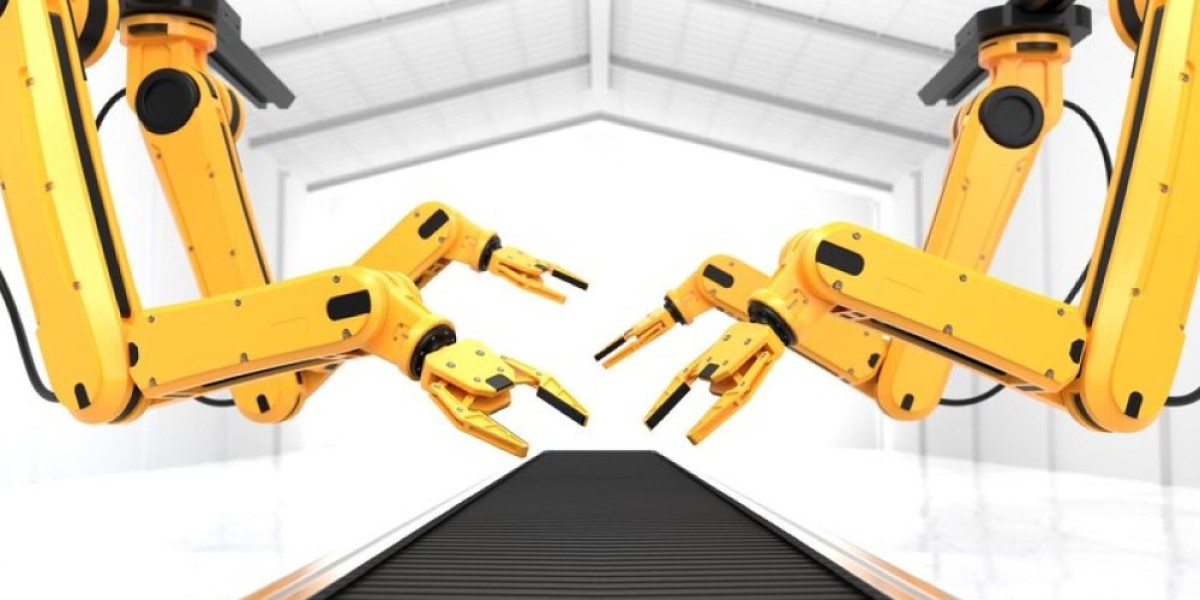As Per Market Research Future, IoT-enabled HVAC solutions are transforming the HVAC landscape by providing enhanced functionality and efficiency. These solutions leverage the Internet of Things to enable real-time monitoring, data analytics, and automated control of HVAC systems. The growing focus on energy conservation and smart building technologies is driving the demand for IoT-enabled solutions, allowing users to optimize their energy usage and improve indoor air quality. This trend is expected to propel the market forward as consumers increasingly prioritize smart technology in their HVAC choices.
Smart HVAC systems are transforming the way buildings manage heating, ventilation, and air conditioning, combining traditional HVAC technologies with automation, artificial intelligence, and IoT connectivity. These systems enable real-time monitoring, energy optimization, and predictive maintenance, enhancing comfort, efficiency, and operational cost-effectiveness. The North America market for smart HVAC systems includes both residential and commercial sectors, reflecting the growing demand for intelligent solutions that improve indoor air quality, reduce energy consumption, and support sustainability initiatives.
Market Drivers and Growth Factors
The North America smart HVAC systems market is experiencing strong growth, driven by increasing urbanization, rising energy costs, and government incentives promoting energy efficiency. The integration of IoT devices allows building owners to control HVAC systems remotely, automate temperature settings, and receive maintenance alerts. These capabilities improve occupant comfort, reduce operational costs, and support environmentally conscious practices by minimizing energy waste.
Technological advancements in AI-driven control algorithms, sensor technologies, and cloud-based platforms further enhance system performance. Predictive maintenance powered by data analytics allows facilities to detect issues before they escalate, minimizing downtime and extending equipment lifespan. The adoption of green building certifications, such as LEED, also encourages the deployment of smart HVAC systems to meet energy and environmental standards.
Applications Across Industries
Smart HVAC systems are used extensively in residential, commercial, and industrial buildings. In residential settings, they offer personalized temperature control, air quality management, and energy usage tracking, providing homeowners with convenience and cost savings. Commercial buildings, including offices, hotels, and retail spaces, utilize smart HVAC systems to optimize climate control across large areas, reduce energy bills, and ensure regulatory compliance. Industrial facilities benefit from precision control of temperature-sensitive processes, improved ventilation, and enhanced air quality, contributing to product quality and employee safety.
Regional Insights
Within North America, the United States represents the largest market due to its advanced infrastructure, high disposable income, and strong emphasis on energy efficiency. Canada is also witnessing growth driven by government incentives and increasing awareness of smart building technologies. The market is characterized by the presence of prominent HVAC manufacturers, technology innovators, and a competitive ecosystem of IoT solution providers.
Challenges and Restraints
Despite the benefits, the adoption of smart HVAC systems faces challenges such as high initial investment costs, system complexity, and cybersecurity concerns. Integration with existing building infrastructure can be difficult in older constructions, and training personnel to manage smart systems is essential for optimal performance. Privacy and data protection are also critical, as connected HVAC systems generate significant operational and occupancy data. These challenges require careful planning and investment to ensure a successful implementation of smart HVAC solutions.
Future Outlook
The future of North America smart HVAC systems is promising, with continued innovation in AI, IoT, and cloud technologies expected to drive market expansion. Systems capable of self-learning, automated fault detection, and adaptive energy optimization will become standard. Collaboration between HVAC manufacturers, smart home solution providers, and building management companies will accelerate market growth. Increased focus on sustainability, energy efficiency, and occupant well-being will further drive adoption across commercial and residential sectors, positioning smart HVAC systems as an essential component of modern building infrastructure.
FAQs
Q1: What benefits do smart HVAC systems offer?
A1: Smart HVAC systems provide energy efficiency, remote control, predictive maintenance, improved air quality, and enhanced occupant comfort.
Q2: Which sectors use smart HVAC systems the most?
A2: Residential, commercial, and industrial sectors are the primary users, with applications ranging from homes to offices, hotels, and manufacturing facilities.
Q3: What challenges are associated with smart HVAC adoption?
A3: Challenges include high installation costs, system complexity, integration with existing infrastructure, and cybersecurity concerns.
More Related Reports:
Portable Water Purifier Market Share
Crushing, Screening and Mineral Processing Equipment Market Share








